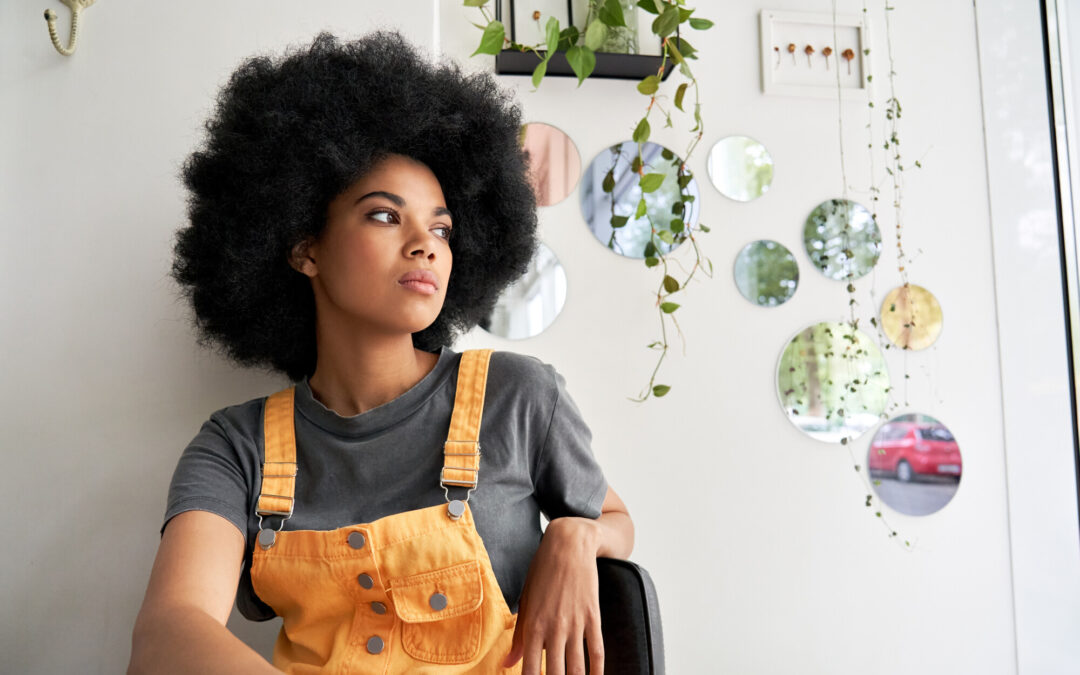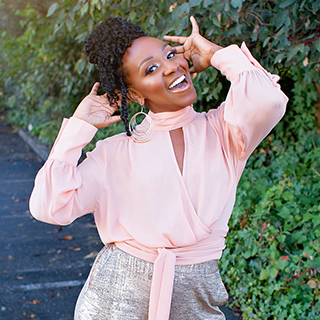An anxiety disorder is one of the most common disorders in the United States. Nearly 30% of adults report that they have experienced anxiety at least once in their lives. For many, it is a general way of life.
Reducing anxiety can feel like an impossible task. What may help you to reduce your anxiety is to use a mindfulness practice. Using mindfulness for anxiety is an option that needs to be considered.
If you’re ready to learn more about mindfulness and how it can help manage anxiety disorders, it’s time to continue reading below.
What Is Mindfulness?
Mindfulness is when you leave yourself room to feel things. Take a moment to absorb your surroundings. You accept and are aware of where your emotions and feelings currently lie.
Being in the moment and accepting what is right in front of you without thinking about the future or the past is the benefit of mindfulness. You can give yourself room to linger and reflect on the current moment instead of every other moment around you.
This practice is a tool that can be used to slow down. In those moments of overwhelm, it is supposed to relax and help you feel more comfortable.
The Connection Between Anxiety and Mindfulness
For many people, anxiety is not black and white. There are plenty of areas that build up to make you spiral. Mindfulness is the process in which you do not linger on what is bigger than the situations right in front of you.
It is a cognitive-based therapy that includes acclimating yourself to your surroundings, breathing, active listening, and grounding. The point of mindfulness is to remind yourself where you are and what is in front of you.
The goal is to ease those tight muscles and give your brain a break to calm you down. It is a slow building process that connects you with your surroundings.
Mindfulness Takes Practice
Mindfulness is not meditation. Unlike meditation, you do not set aside time to make it a practice. Instead, it is for use in improving anxiety in the moment.
A mindfulness practice is for when you are managing anxiety disorders and coping with stressful situations. Choose your moments of mindfulness whenever the anxiety begins to creep up and you feel like you need relief.
This practice may not work for everyone. Ultimately, it takes practice to figure out the best way to reduce your anxiety and to make you feel calmer and more put together.
Use Mindfulness for Anxiety
If you’ve been struggling with anxiety, it’s time for a new approach. Using mindfulness for anxiety to live a calmer life is an optimal choice. It’s time to look into how you could benefit from mindfulness.
When you’re ready to discuss your counseling options, find the one that best suits you. Contact us to begin honoring your emotions and to learn how to cope with even the most difficult ones. We’re here to help you breathe easier.


